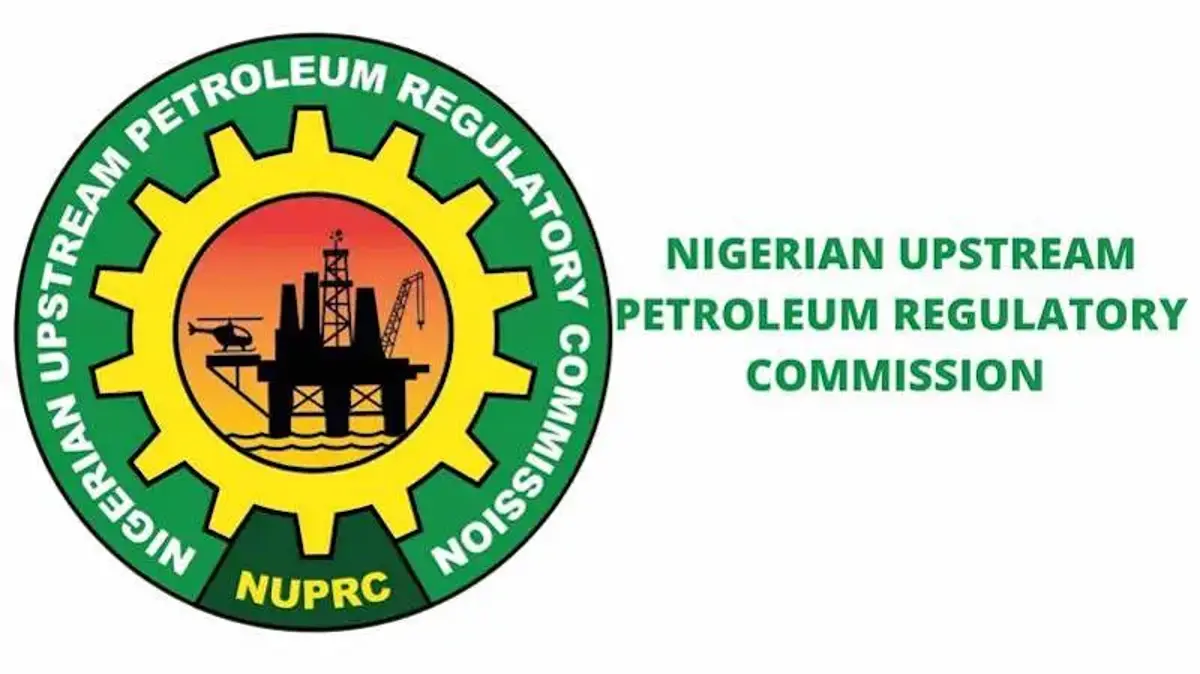The Nigerian Upstream Petroleum Regulatory Commission (NUPRC) has developed an industry intelligent digital automated platform for reporting and monitoring the Host Community Development Trust (HCDT), for transparent administration of the Host Communities’ provisions of the Petroleum Industry Act (PIA) 2021. The Commission developed the platform in partnership with an Original Equipment Manufacturer (OEM). The portal has been designed to meet specific requirements of HCDT as enshrined in the PIA and will aid all stakeholders (including the Settlors, Board of Trustees, Management Committees, Advisory Committees, Fund Managers etc) to fulfil their obligations to host communities and promote accountability and transparency in the management of the HCDT programme. It is also to enable quick feedbacks from the stakeholders and the public for the Commission to carry out its regulatory oversight effectively. The Commission chief executive (CCE), Engr. Gbenga Komolafe, who made the disclosures yesterday in Abuja at the Host Community sensitisation workshop on implementation of the Host Communities Development Trust, stated that so far, the Commission has successfully approved 75 Host Community Development Trusts out of which 41 have been fully incorporated by the CAC.
It has also pre-qualified 19 Fund Managers and commenced the process of establishing a baseline of ongoing community development projects, in preparation for their migration into the HCDTs.
The workshop was therefore to deliberate on the operation and funding of the platform to be hosted by the Commission.
Engr. Komolafe reiterated that the PIA represents a significant shift in the way
the oil and gas industry in Nigeria operates. “It recognizes the critical role of
host communities and provides a framework for their participation in the
sector’s development. The establishment of the HCDT will create a more
equitable distribution of the industry’s benefits and reduce the social and
economic disparities in the country.
“The Commission shall continue to provide requisite support and guidance for
the full implementation of the Law. Therefore, we urge all stakeholders to
continue to work together to ensure the successful implementation of the PIA.
We must all play our part in creating a sustainable and equitable oil and gas
industry that benefits all Nigerians, particularly those in the host communities.”
In his address titled “Implementation of the Host Communities Development
Trust, a critical statutory prescription under the PIA, 2021”, the CCE said with
the unveiling of the Host Communities Development Regulations as well as the
template, the Commission has now defined clear navigational path regarding the
administration, management, and allocation of funds for development of host
communities as well as clear grievance resolution mechanism for settlement of
disputes.“Our objective in this workshop is to create further awareness on this very
important piece of legislation and provide updates on the Commission’s
activities geared towards the implementation of the regulations for Nigeria’s oil
and gas industry, provide a clear roadmap for the implementation of the Host
Communities Development Trust to enhance peaceful and harmonious co-
existence between oil and gas industry operators and host communities, and
ultimately support the development of host communities.
“While the Commission is prioritizing efforts towards increasing oil and gas
production and ensuring maximum Federation revenue through the optimization
of oil and gas value chain, the efforts have been constrained by myriad of
challenges ranging from insecurity, low investment, de-prioritization of funding
of hydrocarbon development arising from energy transition. Currently, Nigeria
has the technical allowable capacity to produce about 2.5 million barrels of oil
per day. However, arising from the highlighted challenges, our current
production hovers around 1.5 million barrels of oil and condensate per day.
“To further stem the tide of sabotage and third-party interferences on oil and gas
critical infrastructure, the PIA has in effect domesticated the protection of our
oil and gas infrastructure to the Host Communities. One critical milestone under
the PIA is the incorporation of Host Communities Development Trust (HCDT)
by the settlor provided for in Section 235 as well as appointment of Board of
Trustees (BOT) by the settlor in consultation with the host communities.
“Settlors are the Oil and Gas companies operating within host communities.
Section 240 (2) of the PIA stipulates that each settlor, where applicable through
the operator, shall make an annual contribution to the applicable host
communities development trust fund of an amount equal to 3% of its actual
annual operating expenditure of the preceding financial year in the upstream
petroleum operations affecting the host communities for which the applicablehost community’s development trust fund was established.
“In addition, Section 247 of the Act requires the Board of Trustees (BoT) to set
up a Management Committee which shall be responsible for the general
administration of the HCDT Fund. The Management Committee in turn is
required to set up an Advisory Committee, which advises on activities as well
as monitors and reports progress of projects being executed in the community to
the Management Committee. The Act requires that the host communities should
be represented in the BoT, Management Committee and Advisory Committee.
“Section 244 of the Act also provides an allocation formula upon which the
BoT shall, on annual basis, allocate sums of money from the HCDT fund, as
follows: 75% to the capital fund to be disbursed for projects in each of the host
communities; 20% to the reserve fund to be invested for the utilization of the
host communities development trust whenever there is a cessation in the
contribution payable by the settlor; and an amount not exceeding 5% to be
utilised solely for the administrative cost of running the trust and special
projects. In Section 245, the Act bestows the responsibility on the settlor to
provide to the BoT a matrix for distribution of the trust fund to the host
communities.
“On the other hand, the Act under Section 235(6) empowers the Commission to
“make regulations on the administration, guide and safeguard the utilization of
the trust fund and have the oversight responsibility for ensuring that the projects
proposed by the Board of Trustees are implemented”.
“In exercising these powers, the Commission had consulted widely with
industry stakeholders in line with Section 216 of the PIA, 2021 and on 28th of
June 2022 made a tremendous stride by unveiling the Nigeria Upstream
Petroleum Host Communities Development Regulations, 2022 as well as the
Host Communities’ Development Trust Implementation Template to givemeaning and intent to the spirit of the Act.”
The workshop featured presentations on: Introduction to Industry Digital Automated Portal (IDAP) for Host Community Development; Incorporation of Host Communities’ Development Trust Fund: The Commission’s expectations and way forward; Host Community Development Trust Incorporation and CAC processes; HCDT Incorporation; Challenges and Success Stories by SPDC; and Effective project implementation tools for timely and quality project delivery; while deliberations were on Funding approach of the Industry Digital Automated Portal (IDAP) for HCD/the administration of three per cent OPEX; Remittance of Outstanding HCDT Fund; and Relationship and handling of traditional institutions by HCDT.











